Wanderlust: 15 Great Travel Books to Read
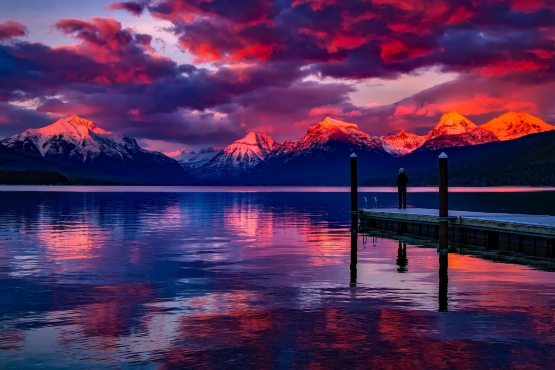 wanderlust (1) (1)
wanderlust (1) (1)
Really good travel writing inspires us to get up, go out and see the world. Or it can transport us to a place and time. Enjoy our recommendations of 15 Great Travel Books to Read
15 Great Travel Books to Read
Travels with Charley by John Steinbeck
In 1960, John Steinbeck set out in his pick-up truck with his dog Charley to rediscover and chronicle his native USA, from Maine to California.
He felt that he might have lost touch with its sights, sounds and the essence of the American people. Moving through the woods and deserts, dirt tracks and highways to large cities and glorious wildernesses, Steinbeck observed – with remarkable honesty, insight and a humorous eye – the gamut of America and the people who inhabited it.
His 10,000-mile journey took him through almost forty states, where he saw things that made him proud, angry, sympathetic and elated. A rugged and passionate adventure of self-identity, Steinbeck’s vision of the changing world still speaks to us prophetically through the decades.
The Beach by Alec Garland
Khao San Road, Bangkok–first stop for the hordes of rootless young Westerners traveling in Southeast Asia.
On Richard’s first night there, in a low-budget guest house, a fellow traveler slashes his wrists, bequeathing to Richard a meticulously drawn map to the Beach. The Beach, as Richard has come to learn, is a subject of legend among young travelers in Asia: a lagoon hidden from the sea, with white sand and coral gardens, freshwater falls surrounded by jungle, plants untouched for a thousand years.
Richard sets off with a young French couple to an island hidden away in an archipelago forbidden to tourists. They discover the Beach, and it is as beautiful and idyllic as it is reputed to be. Yet over time it becomes clear that Beach culture, as Richard calls it, has troubling, even deadly, undercurrents
Travels with Myself and Another by Martha Gellhorn
Out of a lifetime of travelling, Gellhorn has selected her ‘best horror journeys’. She bumps through rain-sodden, war-torn China to meet Chiang Kai-Shek, floats listlessly in search of U-boats in the wartime Caribbean and visits a dissident writer in the Soviet Union against her better judgement.
Written with the eye of a novelist and an ironic black humour, what makes these tales irresistible are Gellhorn’s explosive and often surprising reactions. Indignant, but never righteous and not always right, through the crucible of hell on earth emerges a woman who makes you laugh with her at life, while thanking God that you are not with her.
And “Another” is her husband Ernest Hemingway
An Area of Darkness by V. S. Naipaul
An Area of Darkness is V. S. Naipaul’s semi-autobiographical account – at once painful and hilarious, but always thoughtful and considered – of his first visit to India, the land of his forebears. He was twenty-nine years old; he stayed for a year. From the moment of his inauspicious arrival in Prohibition-dry Bombay, bearing whisky and cheap brandy, he experienced a cultural estrangement from the subcontinent. It became for him a land of myths, an area of darkness closing up behind him as he travelled . . .
The experience was not a pleasant one, but the pain the author suffered was creative rather than numbing, and engendered a masterful work of literature that provides a revelation both of India and of himself: a displaced person who paradoxically possesses a stronger sense of place than almost anyone.
Dark Star Safari by Paul Theroux
Paul Theroux sets off for Cape Town from Cairo — the hard way.
Travelling across bush and desert, down rivers and across lakes, and through country after country, Theroux visits some of the most beautiful landscapes on earth, and some of the most dangerous. It is a journey of discovery and of rediscovery — of the unknown and the unexpected, but also of people and places he knew as a young and optimistic teacher forty years before.
Safari in Swahili simply means “journey”, and this is the ultimate safari. It is Theroux in his element — a trip where chance encounter is everything, where departure and arrival times are an irrelevance, and where contentment can be found balancing on the top of a truck in the middle of nowhere.
The Southern Gates of Arabia by Freya Stark
In 1934, famed British traveler Freya Stark sailed down the Red Sea, alighting in Aden, located at the tip of the Arabian peninsula. From this backwater outpost, Stark set forth on what was to be her most unforgettable adventure: Following the ancient frankincense routes of the Hadhramaut Valley, the most fertile in Arabia, she sought to be the first Westerner to locate and document the lost city of Shabwa.
Chronicling her journey through the towns and encampments of the Hadhramaut, The Southern Gates of Arabia is a tale alive with sheikhs and sultans, tragedy and triumph. Although the claim to discovering Shabwa would not ultimately be Stark’s, The Southern Gates of Arabia, a bestseller upon its original publication, remains a classic in the literature of travel.
A Stranger’s Pose by Emmanuel Iduma
A unique blend of travelogue, musings and poetry, A Stranger’s Pose draws the reader into a world of encounters haunted by the absence of home, estrangement from a lover and family tragedies. The author’s recollections and reflections of fragments of his journeys to African cities, from Dakar to Douala, Bamako to Benin, and Khartoum to Casablanca, offer a compelling and very personal meditation on the meaning of home and the generosity of strangers to a lone traveller.
Alongside accounts of the author’s own travels are other narratives about movement, intimacy, the power of language and translation. Whilst echoing the writings of Anne Michaels and John Berger, this remarkable book charts a path of its own that will redefine travel writing.
The Muses Are Heard by Truman Capote
In 1956 Truman Capote wrote an account of a trip he took to Russia with the wife of Ira Gershwin and a touring company of “Porgy and Bess.” A more motely crew of diplomats and thespians had never made their way behind the iron curtain, in fact this was the first cultural exchange between the two super powers.
Capote was a true American original, and “The Muses Are Heard” finds him at the very height of his literary powers. This is a wonderfully funny work of non-fiction.
The Narrow Road to the Deep North and Other Travel Sketches by Matsuo Basho
In his perfectly crafted haiku poems, Basho described the natural world with great simplicity and delicacy of feeling. When he composed The Narrow Road to the Deep North, he was an ardent student of Zen Buddhism, setting off on a series of travels designed to strip away the trappings of the material world and bring spiritual enlightenment.
He wrote of the seasons changing, of the smells of the rain, the brightness of the moon, and beauty of the waterfall, through which he sense mysteries of the universe. This seventeenth-century travel writing not only chronicles Basho’s perilous journeys through Japan, but they also capture his vision of eternity in the transient world around him.
All God’s Children Need Traveling Shoes by Maya Angelou
Maya Angelou’s five volumes of autobiography, beginning with I Know Why The Caged Bird Sings, are a testament to the talents and resilience of this extraordinary writer. Loving the world, she also knows its cruelty. As a black woman she has known discrimination and extreme poverty, but also hope, joy, achievement and celebration.
In the fifth volume, Maya Angelou travels to Ghana only to discover that ‘you can’t go home again’ but she comes to a new awareness of love and friendship, civil rights and slavery – and the myth of mother Africa.
Sea and Sardinia by D. H. Lawrence
Sea and Sardinia is a penetrating study of a time and place as seen through the thoughts and expectations of one of the most candid, eloquent writers of the twentieth century. It chronicles the brief excursion from Taormina to Sardinia that Lawrence and his wife Frieda (affectionately known as Queen Bee) undertook in 1921. With stops in Cagliari, Mandas, Sorgono, and Nuoro, Lawrence keenly observes the intricacies of everyday existence and the distinctive cultural fabric of the region’s inhabitants.
Blending personal experiences with a broader commentary on the profound connections between people and their environment, his poignant narrative oscillates between vividly descriptive passages and profound philosophical insights. This Warbler Classics edition includes an extensive biographical timeline.
Skating to Antarctica by Jenny Diski
This strange and brilliant book recounts Jenny Diski’s journey to Antarctica, intercut with another journey into her own heart and soul . . . a book of dazzling variety, which weaves disquisitions on indolence, truth, inconsistency, ambiguousness, the elephant seal, Shackleton, boredom and over and over again memory, into a sparse narrative, caustic observation and vivid description of the natural world. While Diski’s writing is laconic, her images are haunting.
The Waiting Land by Dervla Murphy
The Waiting Land is the third in a series of books tracing Dervla’s involvement with the self-sufficient mountain cultures of the Himalayas. Lured by the chance to work again with refugees (a group of five hundred Tibetans lodged in tents in the remote Pokhara valley), Dervla settles down to live in a tiny, vermin-infested room above a stall in a bazaar.
Here she falls under the spell of the ancient land of Nepal, poised between East and West, between China and India, between Buddhism and Hinduism, yet true to its own distinct civilization. Dervla’s understanding of the roots of the Nepalese past, and her own stamina, culminate in an epic trek into the remote Langtang region on the border with Tibet.
Right Turn At Machu Picchu By Mark Adams
In 1911, Hiram Bingham III climbed into the Andes Mountains of Peru and “discovered” Machu Picchu. While history has recast Bingham as a villain who stole both priceless artifacts and credit for finding the great archeological site, Mark Adams set out to retrace the explorer’s perilous path in search of the truth—except he’d written about adventure far more than he’d actually lived it. In fact, he’d never even slept in a tent.
Turn Right at Machu Picchu is Adams’ fascinating and funny account of his journey through some of the world’s most majestic, historic, and remote landscapes guided only by a hard-as-nails Australian survivalist and one nagging question: Just what was Machu Picchu?
In a Sunburned Country by Bill Bryson
Deliciously funny, fact-filled and adventurous, In a Sunburned Country takes us on a grand tour of Australia. It’s a place where interesting things happen all the time, from a Prime Minister lost — yes, lost — while swimming at sea, to Japanese cult members who may (entirely unnoticed) have set off an atomic bomb on their 500,000 acre property in the great western desert.
Australia is an immense and fortunate land, and it has found in Bill Bryson its perfect guide. In a Sunburned Country offers the best of all possible introductions to what may well be the best of all possible nations.
If you enjoyed our recommendations for the Great Travel Books to Read, check out our picks for Best Memoirs to Read


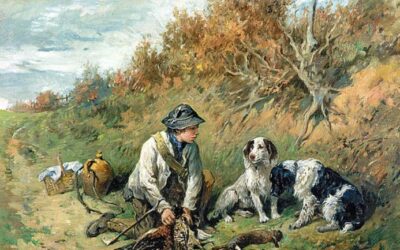



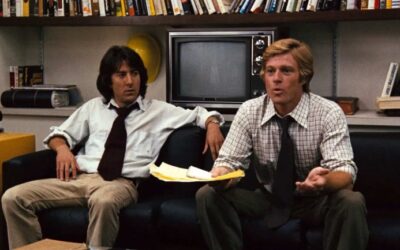

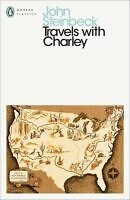
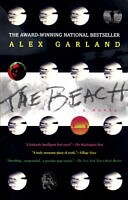
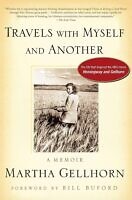
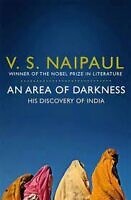
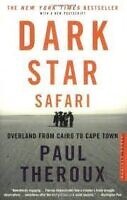
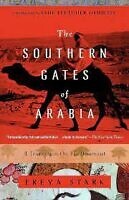
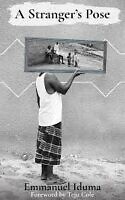
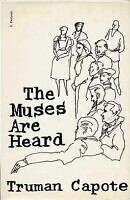
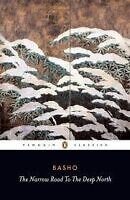
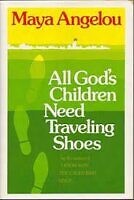
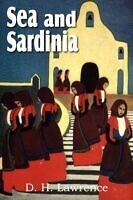
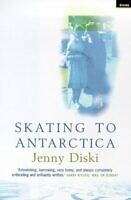
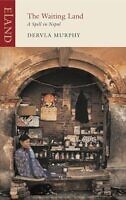
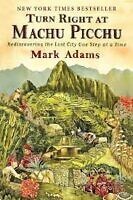
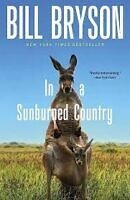

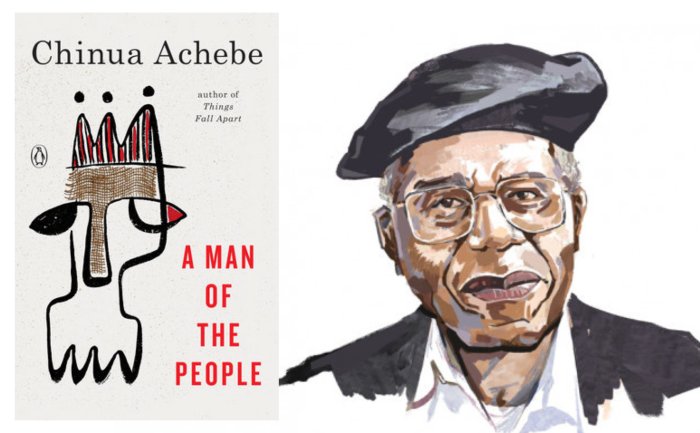
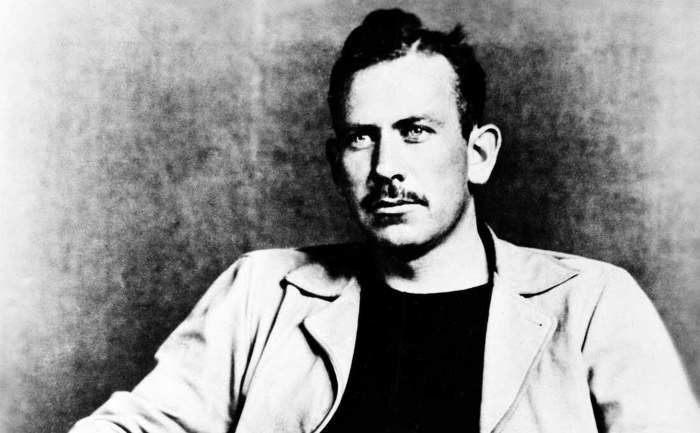
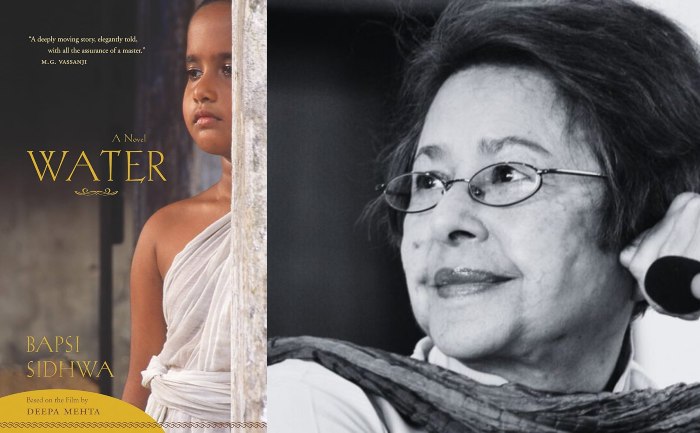
One thought on “Wanderlust: 15 Great Travel Books to Read”
Comments are closed.